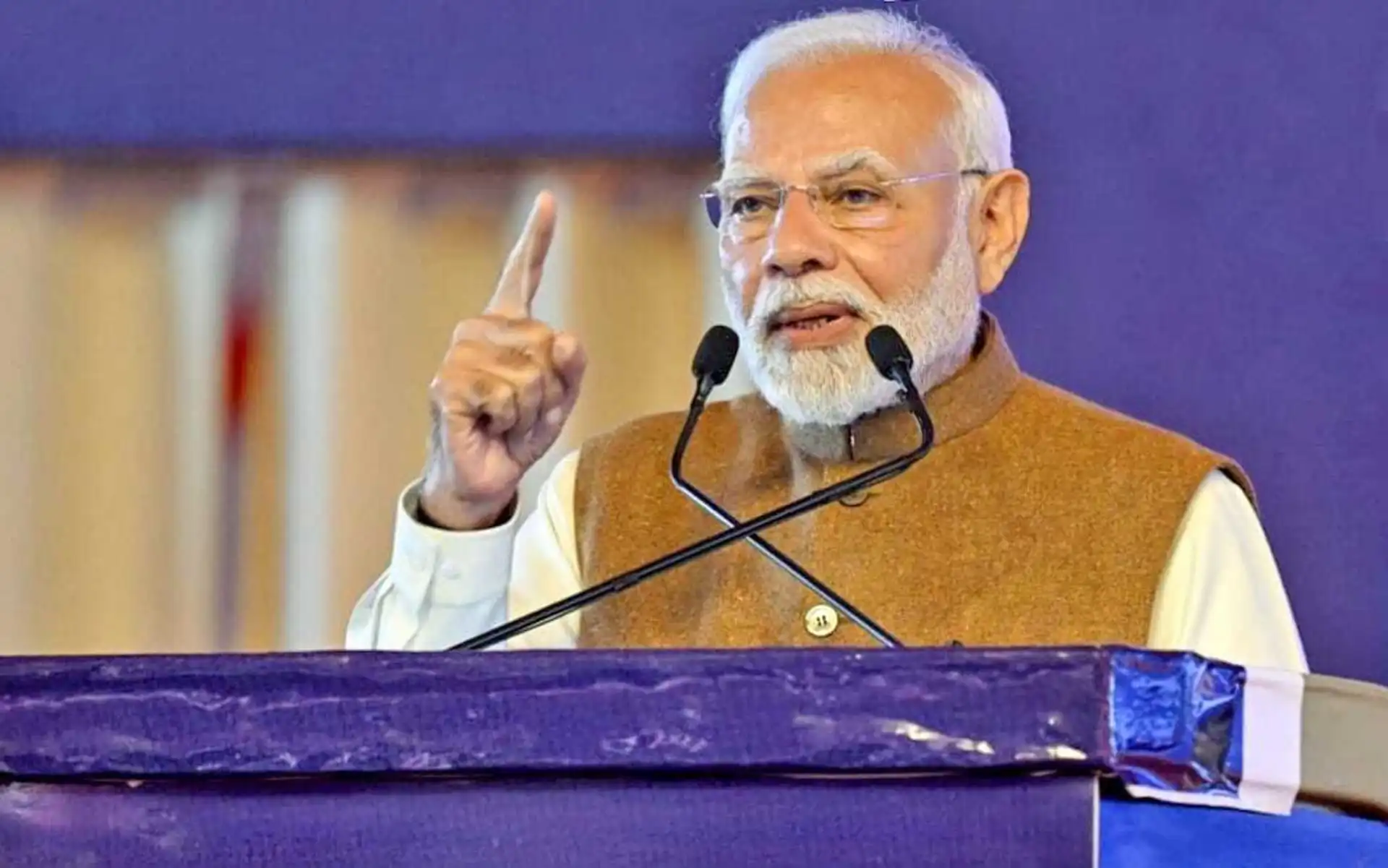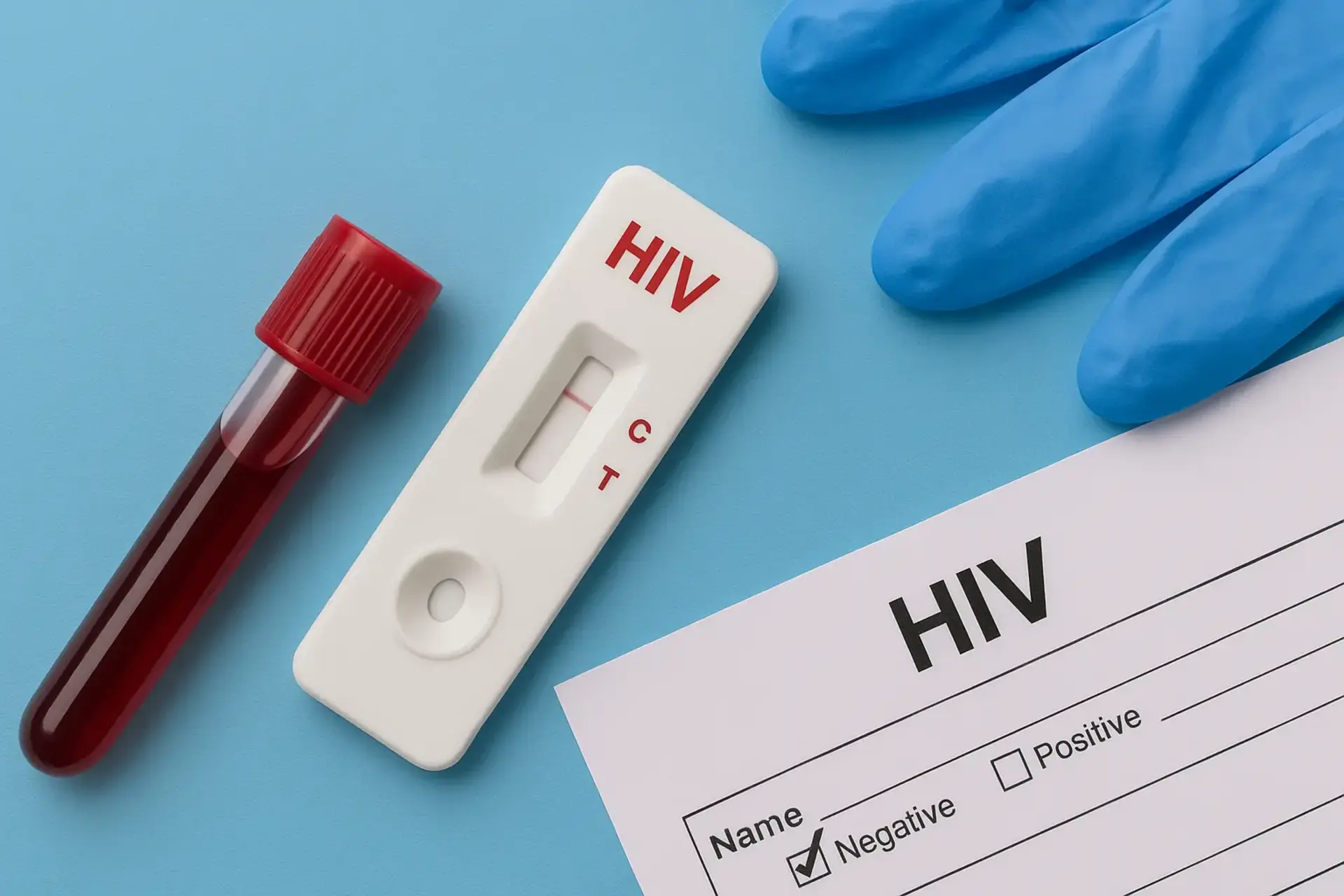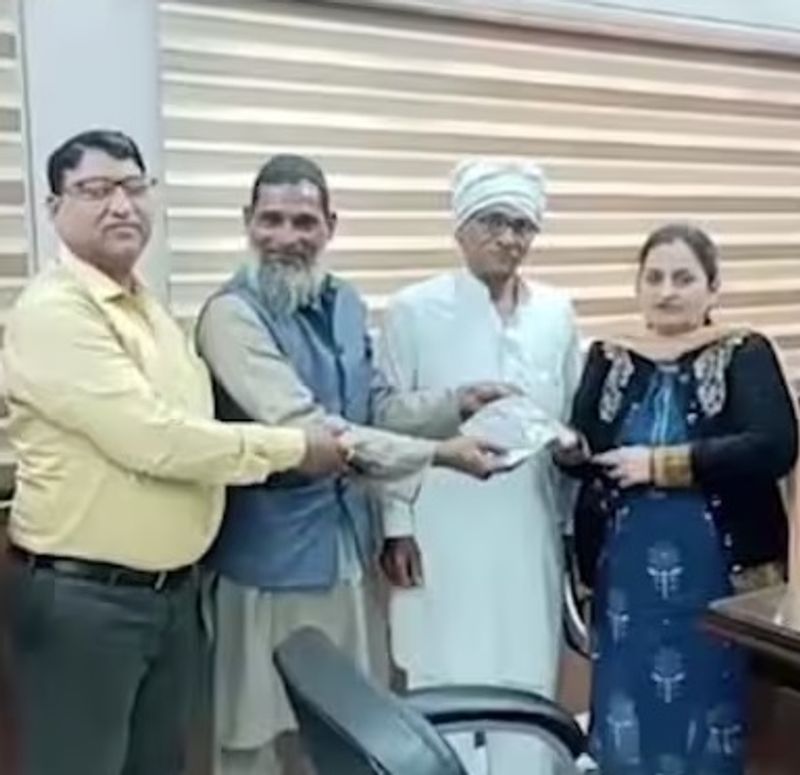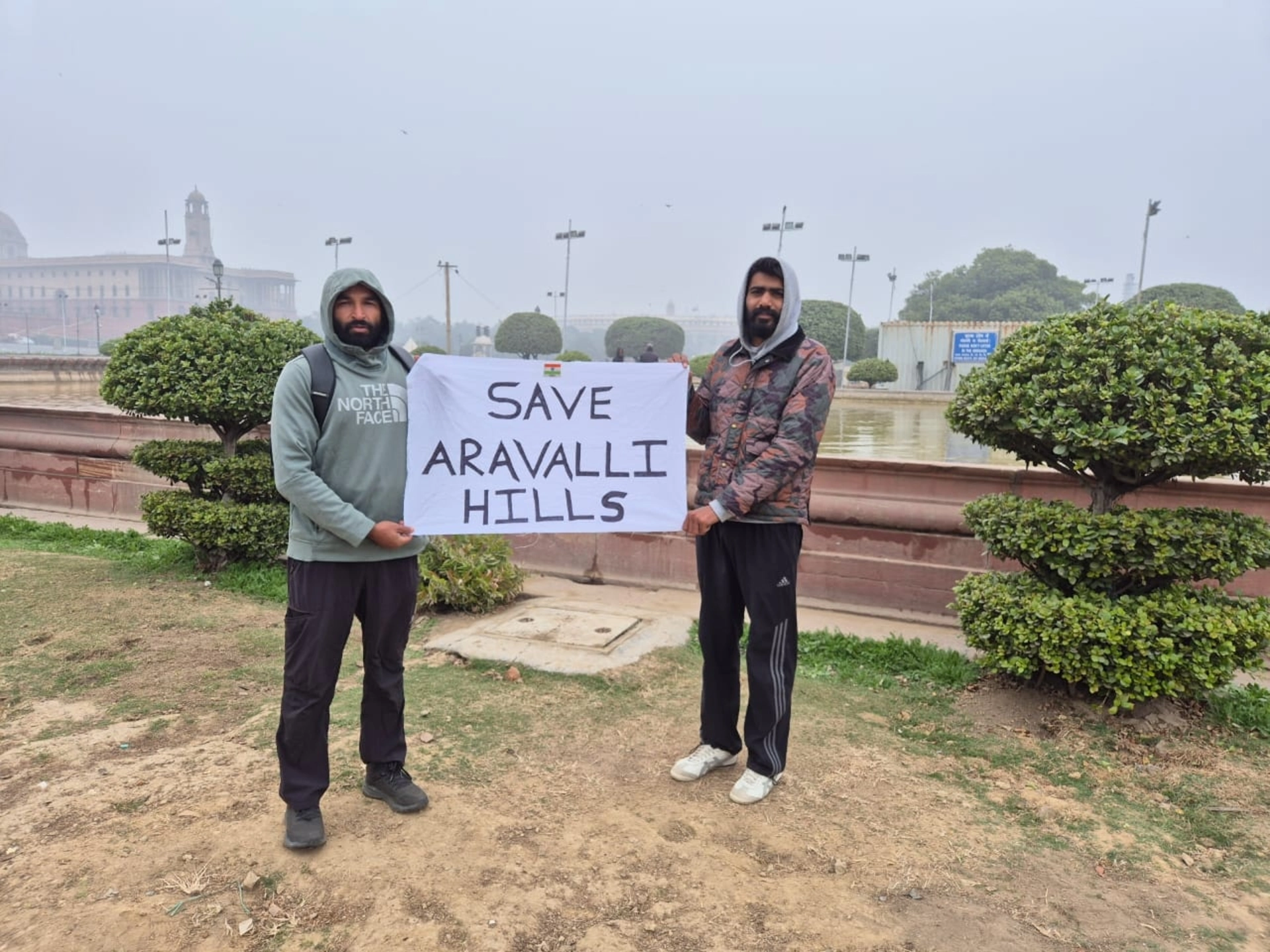
Prime Minister Narendra Modi unveiled the Bima Sakhi Scheme on Monday in Panipat, marking a significant milestone in women's economic empowerment. The innovative program by the Life Insurance Corporation (LIC) aims to transform the lives of women across India by providing them with financial opportunities and professional training.
Breaking Financial Barriers
Under this groundbreaking initiative, women between 18 and 70 years old will receive a monthly income ranging from 5,000 to 7,000 rupees. The scheme is designed to not just provide a basic income, but to create a comprehensive pathway for women's financial independence.
Training and Career Development
The government plans to train and recruit two lakh Bima Sakhi professionals nationwide over three years. These women will receive training and have the opportunity to become development officers after passing an examination. The first year will offer 7,000 rupees monthly, reducing to 6,000 and then 5,000 in subsequent years, with additional income potential through commissions.
Broader Impact on Women's Empowerment
Finance Minister Nirmala Sitharaman highlighted that this scheme is part of a larger vision to make women leaders in India's development journey. The government has set an ambitious target of creating three crore "Lakpati Didis" (women earning at least 100,000 rupees annually), with one crore already achieved.
PM Modi emphasized the transformation happening for women, noting that in the past decade, his government has opened Jan Dhan bank accounts, provided gas connections, and created opportunities in various sectors including military, police, and corporate leadership.
Scheme Highlights-
- Monthly income for women: 5,000-7,000 rupees
- Age group: 18-70 years
- Target: 2 lakh women professionals
- Training and career advancement opportunities
Background and Context
The Bima Sakhi Scheme was launched in Panipat, a location significant for its historical connection to women's empowerment. In 2015, Modi had launched the "Beti Bachao, Beti Padhao" (Save the Daughter, Educate the Daughter) campaign from the same location, which has already shown positive results in improving the gender ratio in Haryana.
Economic and Social Implications
This scheme is expected to have far-reaching impacts on women's economic participation. Currently, over 7 lakh women are already working as insurance agents, and this program aims to significantly expand that number.
related

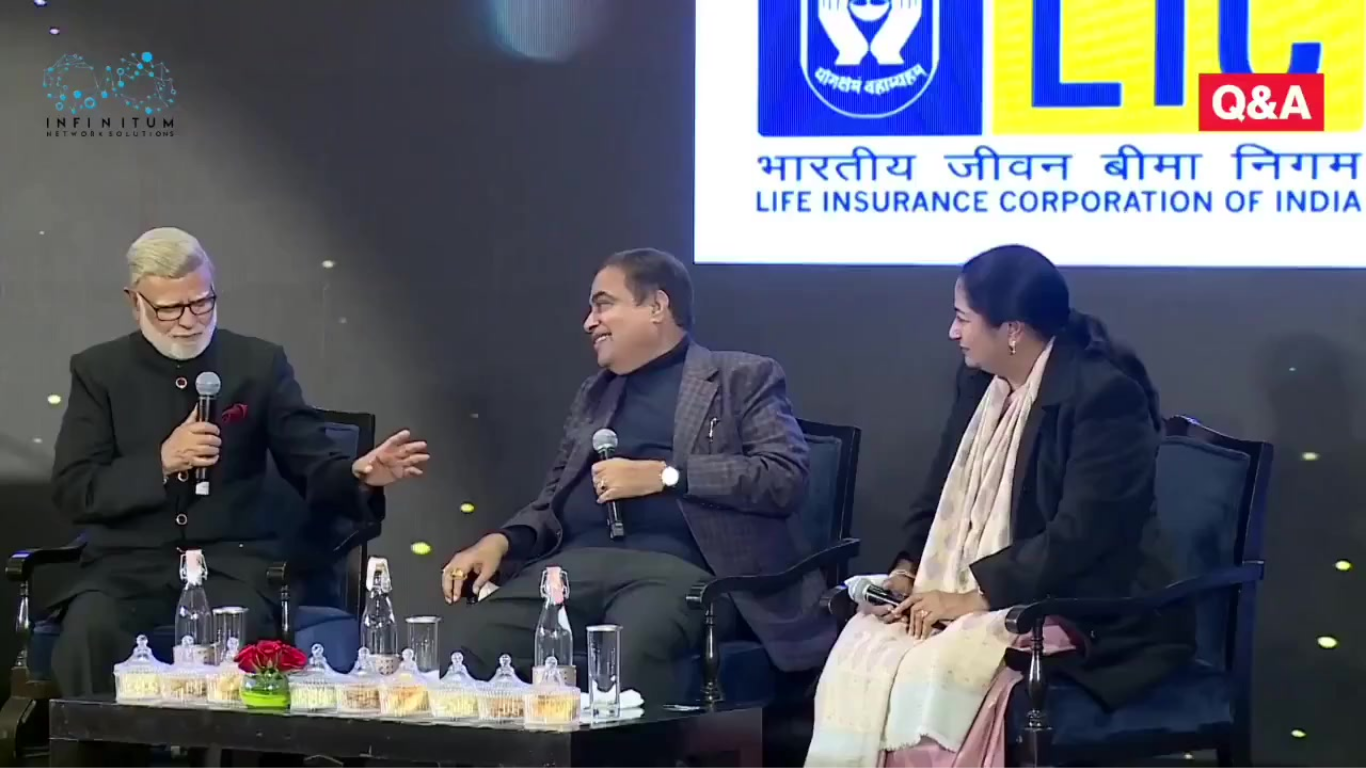
₹60,000 Crore Spent, But Gurugram Still Choked: Gadkari Deflects Infrastructure Question With Auto Industry Pitch

Laying the Strongest Foundation Education Reform Language Empowerment and India’s Path to AI Sovereignty




